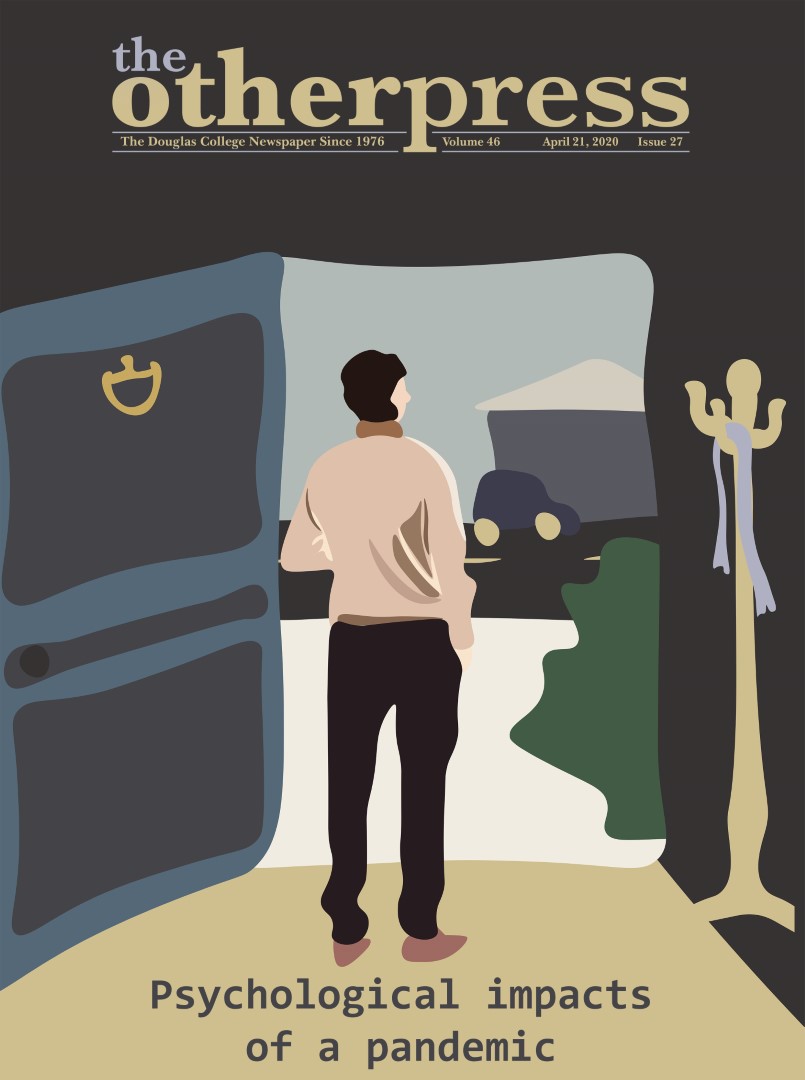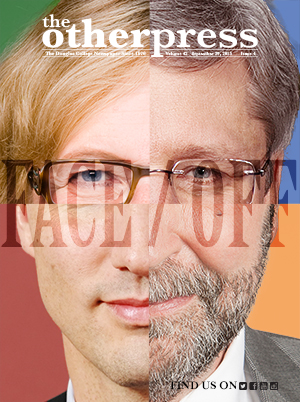
Interviewing personal finance coach Raeah Bromfield and life coach Courtney Adams
By Alexis Zygan, Staff Writer
“Aversion to risk and fear of debt leaves people thinking they’re bad with money when they’re not.”
– Courtney Adams, life coach
There is no better time to become financially literate than as an undergraduate student or recent graduate. It may be overwhelming to see the amount of student loan debt you have accumulated. Do not fret; help is here.
After graduating with a bachelor’s degree in communications, I decided it was time to transform my relationship with money. A relative gifted me the personal finance novel, The Wealthy Barber. But I found the plotline outdated and the topics hard to wrap my head around. There needs to be clear, straightforward, and easy-to-access resources that guide students to financial freedom and fill the gap left over from the education system. Fortunately for us, financial experts on social media demystify credit scores and provide practical, helpful advice. The books worth reading are Clever Girl Finance: Ditch Debt, Save Money and Build Real Wealth by Bola Sokunbi, and Get Good with Money: Ten Simple Steps to Becoming Financially Whole by the budgetnista Tiffany Aliche.
WHY DO WE STRUGGLE WITH MONEY?
Our relationship with money is complex. We may have grown up in households where money was a topic of contention. Money fights were the leading predictor of divorce in a 2013 study of 4500 couples by the Journal of Family Relations. How people around us discuss money shapes our relationship with finances. Shame about bad credit scores or a history of bankruptcy may lead to avoiding the topic altogether.
The Other Press spoke with Vancouver activist, life coach, and podcaster Courtney Adams over Instagram to get her advice for young people struggling with their finances. Her advice is to “acknowledge that everything we have learned about budgeting responsibly and how to make money is a lie taught in a way that holds people back from making money. Aversion to risk and fear of debt leaves people thinking they’re bad with money when they’re not.”
There is a psychology to changing financial habits through visual reminders such as lists and budgets. As a starting point, prioritize saving over spending. Raeah Bromfield suggests “saving 10 percent of your income.” The Other Press spoke with globetrotter and personal finance coach Bromfield over the phone about saving, barriers to financial literacy, and her one-on-one coaching service launching in early May. “Not having access to living wages and affordable housing [is a barrier to financial literacy.] If you do not have enough money to cover your necessities, there is no way that you will benefit from financial literacy,” says Bromfield.
OPEN A TAX-FREE SAVINGS ACCOUNT NOW TO MAKE MONEY!
For those privileged enough to live within their means, save a percentage of your income with an automatic monthly transfer to a TFSA (tax-free savings account). Most banks allow you to open a TFSA for free or minimal fees and the only way to lose money is if you over contribute. The TFSA contribution limit for 2020 was $6,000. Many financial experts say that the biggest mistake a person can make is not having a TFSA, in addition to their chequing account. RRSP (registered retirement savings plan) and mutual funds are more complex for beginner investors (I suggest arranging a meeting with a financial coach). Bromfield’s clients can expect from her a “non-judgmental, friendly [approach],” and she is “willing to meet them wherever they’re on their financial journey.” Before launching her business, Bromfield mentored family members and friends to understand how money advice needs to be tailored to an individual, recognizing triggers for overspending and personalized budgets, because yes, a budget is necessary to meet your financial goals.
If anything, the past year and a half has shown us that the future is always uncertain. Having funds allocated in case of an emergency is vital so you don’t end up going into debt from not paying bills, which negatively affects your credit scores. You can check your credit score for free using creditkarma.ca. However, it is worth pointing out that a high credit score does not correlate with financial responsibility. (Personally, I believe credit scores exist as a function within the capitalist system to ensure the rich keep getting richer.) One of the main ways to build credit is by borrowing money, i.e., using a credit card, and then paying off what you spent. Wealthier people can borrow more money at a lower interest rate to invest in property and other assets. Credit scores dictate housing, access to a vehicle, utilities, etc.
APPS TO HELP YOU BUDGET
KOHO, a new era of banking, offers free financial advice with a premium account. A fantastic feature of KOHO is that it separates your spending into different categories, making budgeting easier. I use the app Mint, where I load my debit and credit card, so purchases automatically show up and set a budget for spending categories. Once a week, I check Mint to see where I should be spending less. Bromfield recommends Wally, YouNeedaBudget (YNAB), the old school pen and paper (her preferred method), and the notes app.
In Canada, secondary students graduate with a medium debt between $19,200 and $21,300. Comparably in the United States, the student debt burden is at a crisis amount of $1.6 trillion. University education is a stepping stone out of poverty and a chance to start a fulfilling career. Debt is also a big reason why some students decide to end their education after high school or prefer the trade school path. For recent university graduates who log in to uncover their debt amount, it can be overwhelming leading them to avoid checking their bank account out of shame or embarrassment for their empty bank account. “I know what it’s like not to want to look at your debt, but you gotta do it. Ask yourself, why are you avoiding looking at your bank account? Is it because there’s not a lot of money in there? If so, what can you do to add some money in there? If we face our fears, it gets a lot easier and less scary.”
We are used to making personal goals for ourselves (I set mine once a month during the new moon). Why not set goals for our finances? To ensure we meet our goals, Bromfield suggests creating a financial plan, taking note of your debt, interest rate, and establishing a payment plan. For Bromfield, her goal was travel for which she successfully saved $10,000 in eight months. She used not paying rent, living at home with her parents to her advantage, depositing the money she would have spent on rent into a savings account.
We can live in a world where young people no longer have to face hurdles to financial security. Bromfield says, “When I started believing [financial success] was possible, it was possible. When you change your habits, you may be surprised how capable you are.” Adams shares encouragement with readers. “It is never too late to feel confident asking for raises and manifesting a dream career [after university.]”
Follow Courtney Adams on social media @courtney_adams, and her podcast Do Epic Shit. Follow Raeah Bromfield on social media @intentionally.wealthy and at her website (also called intentionally wealthy).


